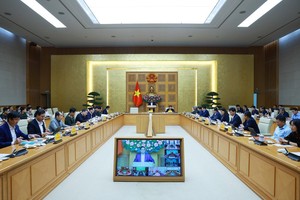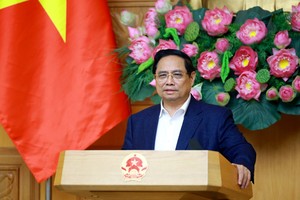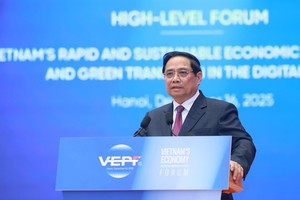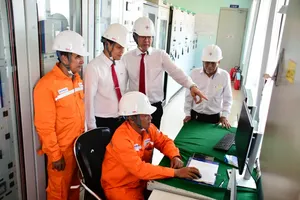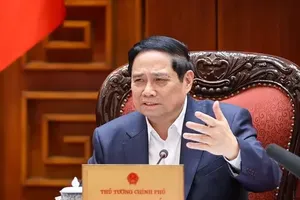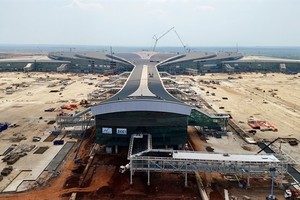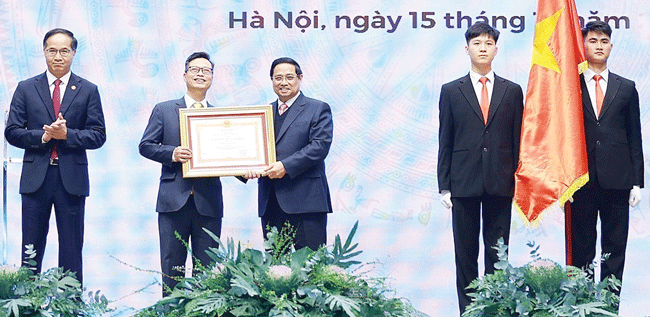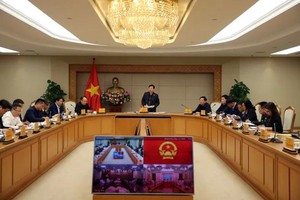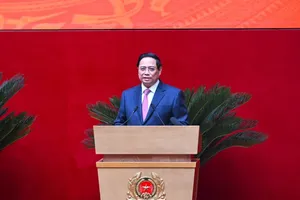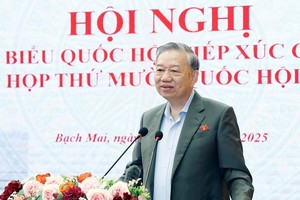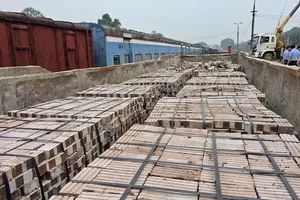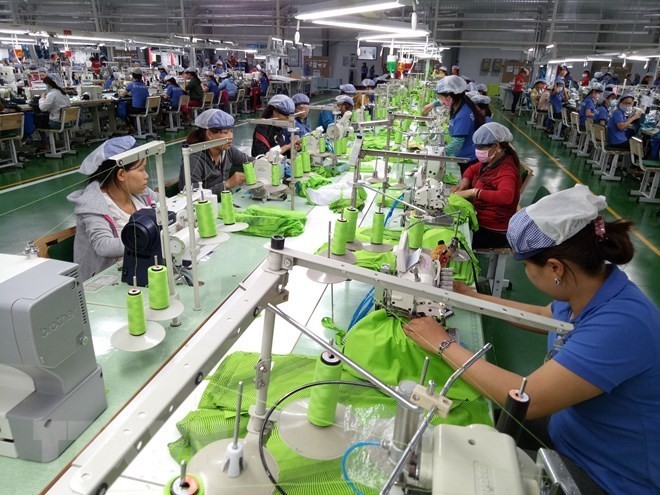
In a recent interview granted to Vietnam News Agency’s correspondent in Italy, Vietnam’s Honorary Consul in Turin Sandra Scagliotti and Chairman of the Italy-Vietnam Chamber of Commerce Fulvio Albano stressed that the new-generation agreement may mark the beginning of a new era in trade relations between Vietnam and the EU.
Negotiations and the legal review have been completed for both the free trade agreement and the one on investment protection. The EVFTA process is now awaiting the Council of Europe and the European Parliament to sign and ratify it.
The agreement will bring great advantages to both Vietnamese and EU investors, including Italy, they noted, adding that the EVFTA is said to be a win-win agreement for both parties, creating a resoundingly positive effect for businesses and their long-term investment plans.
Recently, many workshops have been held in European countries to inform those interested of the great potential of the EVFTA, as well as to pressure the European Parliament into promptly ratifying the trade pact.
In Italy since November 2018, the Centre for Vietnam Studies in Turin has prepared a series of workshops to affirm the significance of this agreement in facilitating exchange and cooperation between Vietnam and European countries by simplifying customs procedures for certain products, recognising geographical indications, and applying environmental protection standards.
Europe should not underestimate the fact that Vietnam is an important economy in Southeast Asia, the experts said, noting that thanks to its political stability and open-door policies to attract investment, Vietnam has risen on World Bank’s business rankings.
The urbanisation rate in Vietnam is increasing rapidly, with the number of people in cities in 2015 accounting for 34 percent of the total population, giving an indication of the great potential of the Vietnamese market.
According to the experts, made-in-Italy brands are more and more popular in Vietnam with its current trend of modernisation and great demand for building infrastructure, in which Italy holds strength. Several fields in Vietnam are also attracting the attention of Italian companies.
Regarding opportunities for Italian enterprises in the EVFTA, Fulvio Albano stated that Italy was one of the first European countries to establish diplomatic relations with Vietnam and has always been one of its main partners through the friendship and open dialogue between the two countries.
In recent years, the bilateral relations have been continuously promoted. With the elimination of 99 percent of tariffs on exchange of goods between the two sides, the trade pact will facilitate and open a level playing field for European companies specialising in export and investment.
He said Italian firms need to act quickly to seize opportunities brought by the agreement, adding that they should make themselves known in Vietnam as soon as possible and promote their products on this new market.
Italy’s main exports – such as machinery, equipment, leather products, pharmaceutical chemicals, textiles, and food – can benefit greatly from the agreement. Moreover, big Italian companies are gradually increasing their initial investments in Vietnam and coming to recognise the country as their production centre.
President of the European Commission Jean-Claude Juncker remarked that trade and investment agreements with Vietnam are creating a model for Europe’s trade policy, and helping to further strengthen the Italy-Vietnam bilateral relations.
Once the EVFTA agreement goes into effect, the EU will eliminate import duties on approximately 85.6 percent of its tariffs lines on Vietnamese products. After seven years, 99 percent of EU tariffs will be removed for Vietnamese products. Vietnamese textiles, footwear, and seafood products (except for canned tuna and fish balls) will incur no import duties within seven years after the agreement takes effect.
Vietnam will eliminate 65 percent of its import duties on EU items and has drawn up a roadmap to eliminate tariffs by over 99 percent over the next decade. The remaining export items will be offered tariff quotas with an import duty of 0 percent.
